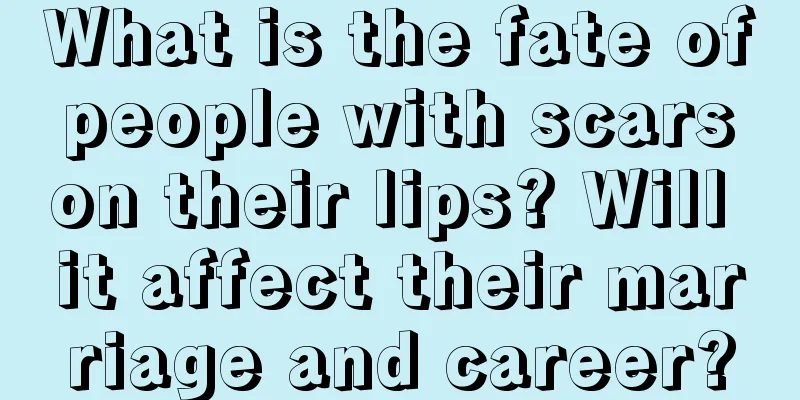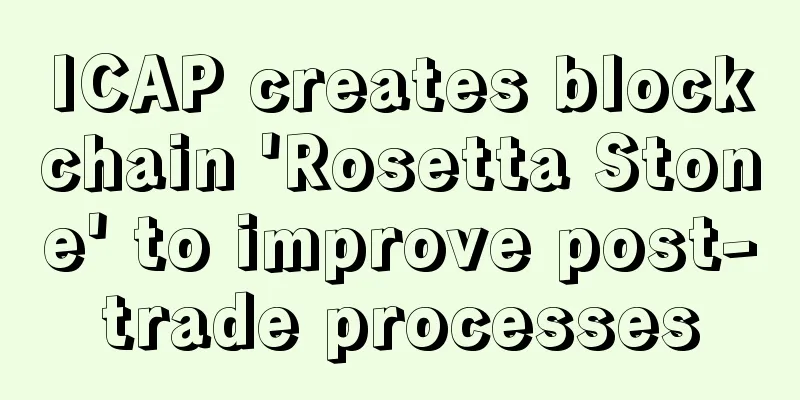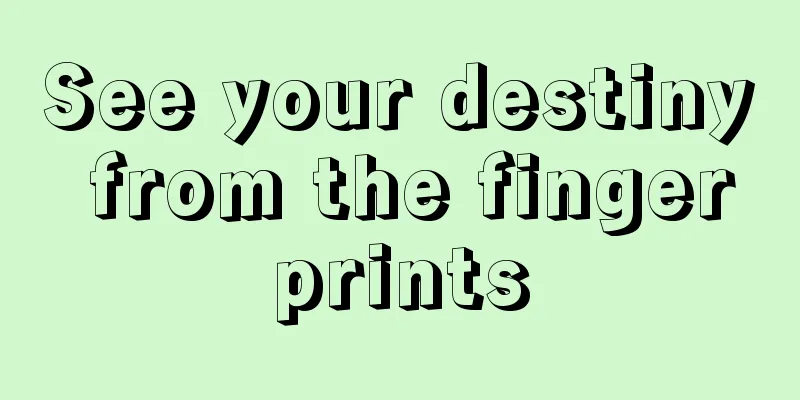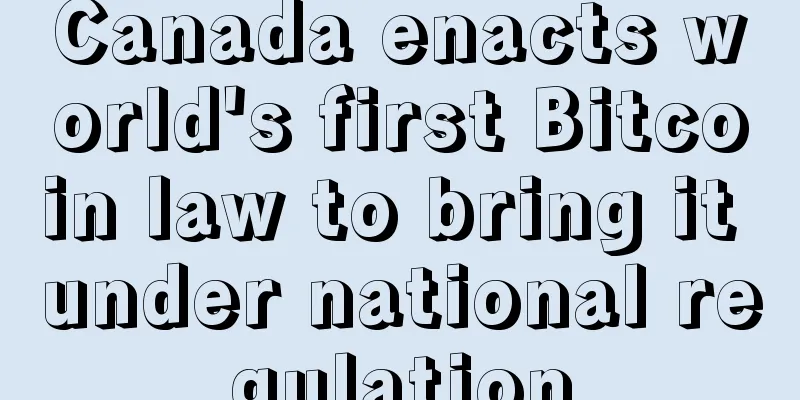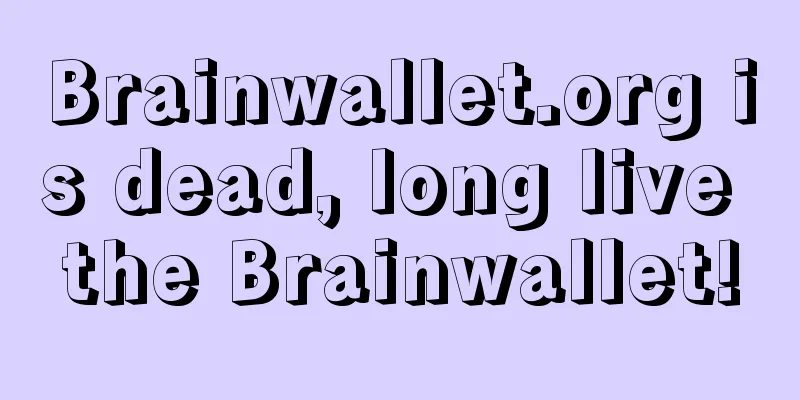Using blockchain to solve the European refugee crisis: creating legal identities and improving rescue efficiency
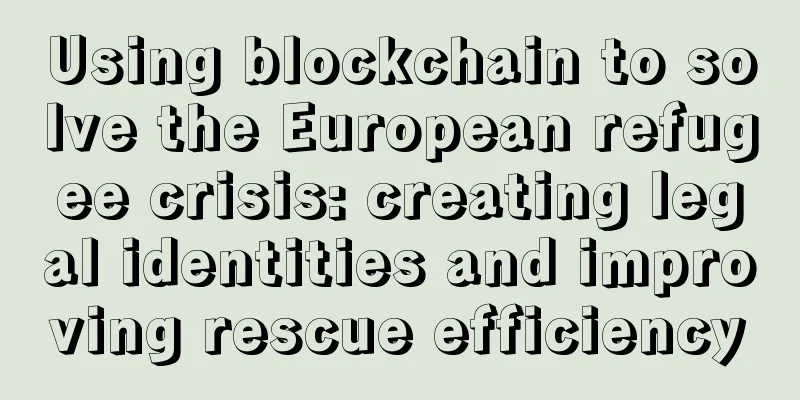
|
Refugees from war zones are devastated, so they are always willing to give up everything in their homeland and start over in a new country to create a better future for their families. However, giving up work and property is a small matter, but giving up one's legal identity is a very troublesome matter. As soon as refugees leave their country, their legal identity and bank account information will be invalid. Without proof of nationality, they do not exist legally. At the same time, without legal identity, they lose the right to enjoy important social and economic services (banking system). Lack of legal status also creates problems for neighboring countries and relief organizations to help refugees. The Syrian crisis has intensified the world's determination to fight terrorism. So how do we identify refugees? Where do they come from? Are they dangerous? Blockchain technology can solve most of the above problems. Blockchain is a public ledger whose contents can be viewed by every participant. With a distributed blockchain database, when Syrian refugees arrive at a country's border, the police can view their identity information and even their biometric data (fingerprints, etc.). Since this ledger cannot be changed, the police can also verify their identities by asking about their background, whereabouts, and acquaintances. In addition, since blockchain technology has a certain degree of anonymity and transparency, refugees have the right to disclose only part of their data when conducting transactions. This will allow refugees to use the banking system, which will also become less important. Because blockchain itself can handle digital asset transactions, relief organizations can transfer money directly on it. Without the middleman (banking fees are higher), people in need will also have the opportunity to receive more funds. Several startups have begun to apply blockchain technology to the Syrian crisis. Bitnation creates temporary identities for refugees based on the Bitcoin blockchain, which can verify family relationships and comes with a Bitcoin Visa card, but this card is not very popular at present because it is difficult to find stores or Bitcoin exchanges near refugee camps that accept Bitcoin. Recently, blockchain startup NevTrace won the Spanish HackforGood (a platform that provides technical support for social issues) competition. The blockchain it designed can capture the migration patterns of refugees, thereby improving the efficiency of relief. Blockchain technology may not be a panacea for anti-money laundering and anti-terrorist financing. But because blockchain is a distributed, tamper-proof system, it can verify individual actions and transactions. Blockchain can also avoid the various losses caused by political unrest, so that refugees can live with rights and dignity regardless of whether their countries are unstable or not. |
<<: Bitcoin's comeback is unlike any other
>>: PwC and Z/Yen to develop insurance proof-of-concept using new blockchain lab
Recommend
Explanation of moles on men's backs
We all know about moles. In physiognomy, there ar...
What does a mole on the chin mean?
Moles exist in our bodies, and almost everyone ha...
Chinese buyers buy Bitcoin in large quantities, breaking through $800 for the first time in three years
Source: On Wednesday, US time, the price of Bitco...
Embracing the shift: Key indicators signal coming market changes
This past week felt like a bear market to me, and...
Case Analysis: BTC mining machine was stolen, does Chinese law provide protection?
Author: Xiao Sa Legal Team Mining machines are co...
Twitter will allow users to add BTC and ETH addresses to their profiles
Twitter appears to be working on a feature that w...
What is the personality of a man with white eyes? Is it worth marrying?
What is the personality of the person with the th...
Is it good for a woman to have a mole on her butt? What does a mole on the butt mean?
Moles can be visible or hidden, and moles in diff...
Facial mole observation: facial mole diagram
Facial mole observation: facial mole diagram Most...
Girls with fox eyes have good luck in love
Are girls with fox eyes good? In physiognomy, eye...
Dovey Wan: Bitmain's layoffs have the greatest impact on BCH customers and mining
On December 26, Dovey Wan, former managing direct...
What does it mean for a man with upturned eyes? What is the fate of a man with upturned eyes?
Men with upturned eyes are a bit chauvinistic. Th...
What does a mole on a woman’s earlobe mean? Is it good for a woman to have a mole on her earlobe?
Moles can be divided into broad and narrow meaning...
Bitcoin Jesus: My favorite Bitcoin application
Roger Ver is one of the earliest adopters of Bitc...
Are women with willow-shaped eyebrows rich? Interpretation of women's fate with willow-shaped eyebrows
When talking about willow-shaped eyebrows, everyo...
